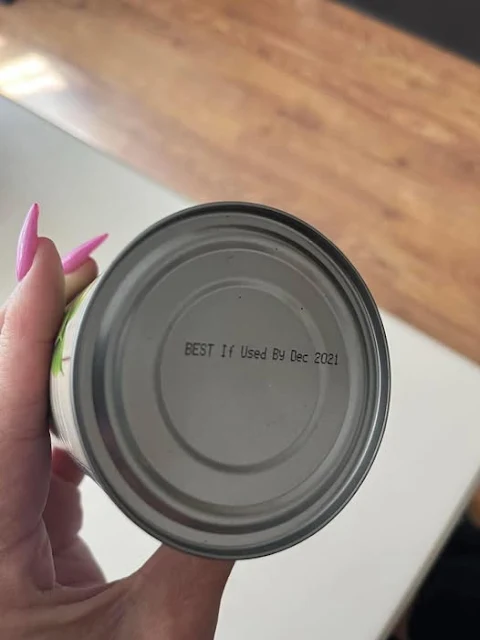ADVERTISEMENT

What You Need to Know About Food Expiration Dates
❌ When to Toss It Immediately
Some foods should never be risked:
-
Vacuum-Sealed Deli Meats: Sour smell or slimy film — high risk for listeria
-
Cut Produce or Leftovers: Mold, mushiness, or sour smell (especially if over 4 days old)
-
Baby Formula: Never use after “Expires On” — nutrient levels degrade
🩺 High-risk groups (pregnant women, elderly, immunocompromised individuals) should be extra cautious.
🌍 The Big Cost of Misunderstanding Dates
Food waste is a global issue:
🗑️ Americans waste over 100 billion pounds of food annually
💸 The average family loses $1,500+ per year
🌱 Wasted food in landfills produces methane, a potent greenhouse gas
Simplified date labeling could cut waste by over 800,000 tons per year (ReFED estimate).
✅ Tips to Reduce Food Waste
-
Learn label meanings
-
Store food properly
-
Extend freshness (e.g., herbs in water, berries washed in vinegar)
-
Use the FIFO method — “First In, First Out” to use older items first
-
Freeze extras — bread, milk, cooked meals, even cheese
-
Compost scraps — turn peels and coffee grounds into garden gold
🥣 Pro Tip: Make a “Use Me First” bin in your fridge for items nearing their date.
❌ Debunking the Myths
❌ “Expiration dates are set by the government.”
False — they’re mostly set voluntarily by manufacturers.
❌ “All moldy food must be thrown away.”
Not always — hard cheeses and firm veggies can be trimmed.
❌ “If it looks okay, it’s safe.”
Risky — some harmful bacteria (like listeria) don’t change appearance.
Final Thoughts
You don’t need to live in fear of your fridge.
You just need to read labels wisely, trust your senses, and stop letting arbitrary dates dictate your trash can.
So next time you’re staring at a carton of milk…
sniff it.
Check it.
Use it.
Because real food safety isn’t about rules —
it’s about respect: for your health, your wallet, and the planet.
And that kind of care?
It starts with one smart choice — right in your kitchen.
ADVERTISEMENT